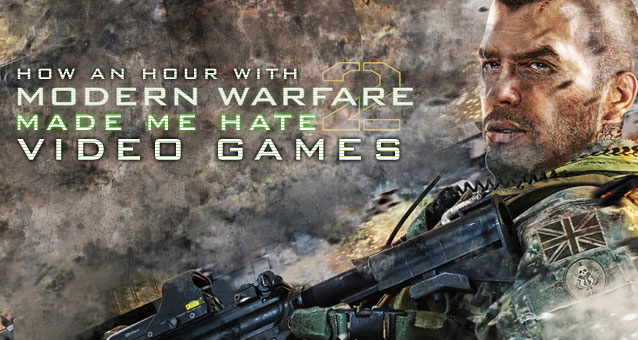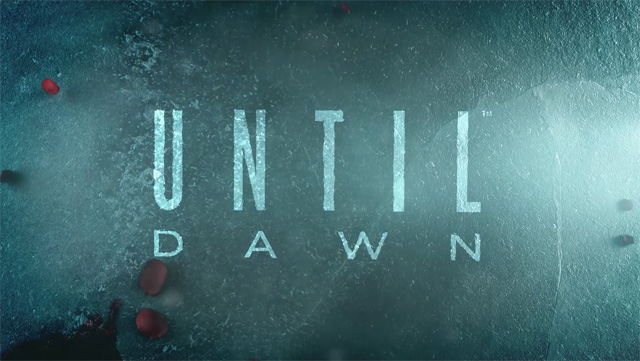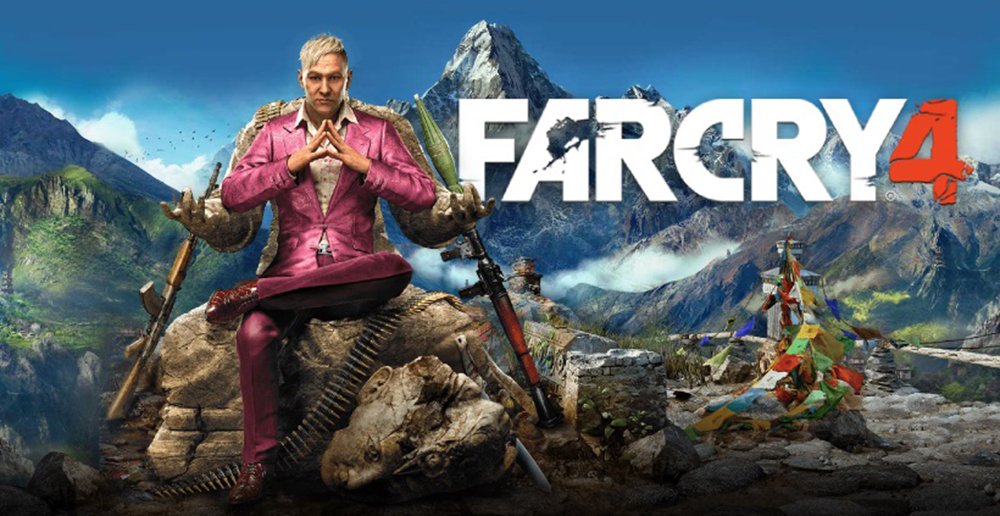

When gamers think of JRPGs the sprawling epics of Square Enix probably come to mind, but in Last Word there are no young, doe-eyed protagonists wielding weapons twice their size. In fact, the sharpest weapon in the game is a word, as characters must lock wits in the battle of conversation.
In the aristocratic society of Last Word, whoever speaks last holds the power. Funnily enough, this power is often used for nothing more than insulting others or forcing characters to give up their bow ties. The entire concept requires a certain suspension of disbelief since it often feels as if a bunch of adults are adhering to the rules of the triple-dog-dare, where the only real penalty for not doing as others say is being chastised by peers. Though a supernatural force is hinted at, it’s something that is left mostly unexplained. It’s a unique concept all the same, and it facilitates the best part of the game – a very intriguing battle system.
The battles of Last Word are delightfully complicated, requiring a very deft touch from the player. Last Word differs from most RPGs in the sense that enemies have no health. The object of battles is to move a peg forward into the winning goal. In place of attacking, the player can affect the enemy’s ‘composure’, causing the peg to move further depending upon how enraged the enemy is. In order to win, the player must strike a delicate balance between attacking, moving forward on the board, and charging moves. Last Word’s battles can be extremely punishing, and it will likely take the player a while to get into the rhythm of fighting.
For a game all about conversation, one would expect dialogue of the highest quality. Unfortunately, Last Word is no Downton Abbey. The upper class vernacular is a bit ham-fisted, and while this may be intentional, the pretension becomes exhausting after a while. Players may find themselves skimming over the dialogue and, in turn, missing some of the plot’s finer points.
Fortunately, there is a clever incentive to pay attention to the story, because hidden within the pompous dialogue is a diamond in the rough. Last Word has a unique mechanic that allows the player to use information as a literal key to unlock bosses, doors, and higher level conversation. This is the one aspect of the game that is merciful on players, with reminders and checklists that make topics easy to track. Though there is no skill involved, unlocking these topics is very satisfying. There is a feeling of complexity to the winding paths of conversation. If only the characters had more interesting things to say.
Even if the characters are a bit vacuous, they definitely look great. Last Word ditches the classic anime/manga style that’s so ubiquitous in JRPGs and instead opts for a unique style more comparable to Western animation. The environment itself is nothing unique as far as RPGs go, and the character sprites are a bit simplistic. Though something about the solid colored silhouettes harkens back to the classic board game Clue.
It’s difficult to care about most of the characters since their recognizable traits tend to be limited to the color of their clothes. The one character that stands out as likeable isn’t even the protagonist, it’s a spineless young man named Seymore. He is one of the kinder characters, and he has his own side quests that are essentially a tale of his development from wimp to the rightful heir of his title. This is the only character development to speak of in the game, and is never even fully realized unless the player can finish all of the side quests, which range from hard to wildly difficult.
There are a few instances where battles seem to cross into unfair territory. Fighting an enemy that is evenly matched with the player is a difficult task that requires skill and finesse. When trying to beat an enemy that has a five level advantage, the player had better hope that luck is on their side. The final boss actually starts the player out on the losing peg, making for a nearly impossible uphill battle.
The final boss battle as a whole is a soul crushing experience. Not only does the player begin with a loss, but the “The Word”, a special item that is meant to make the player immune to losing, forfeits its effectiveness after about five or six losses. Another item that supposedly wins any battle is teased in the skills menu, but is actually unobtainable. Unless there is some kind of secret way to equip this special skill, the final boss takes an insane amount of skill to beat. To add insult to injury, there is a huge chunk of dialogue that can’t be skipped just before the final battle, so losing means having to repeat all of it every time the player tries again.
Overall, Last Word certainly stands out from the multitude of other JRPGs in terms of style and a few unique mechanics, but ultimately falls short where it should have been strongest — dialogue.
Last Word is now available for PC. Game Rant was provided a PC code for this review.




 Until Dawn Ending Guide: How To Get Worst/Bad Ending
Until Dawn Ending Guide: How To Get Worst/Bad Ending Gaming on Linux is Here: Install SteamOS Beta Today
Gaming on Linux is Here: Install SteamOS Beta Today Diablo 3: Ultimate Evil Edition Achievements and Trophies List
Diablo 3: Ultimate Evil Edition Achievements and Trophies List How to Fix Far Cry 4 Crashes, Stopped Working Error and Other Problems
How to Fix Far Cry 4 Crashes, Stopped Working Error and Other Problems Witcher 3: Hearts of Stone - How to Get the Runewright
Witcher 3: Hearts of Stone - How to Get the Runewright